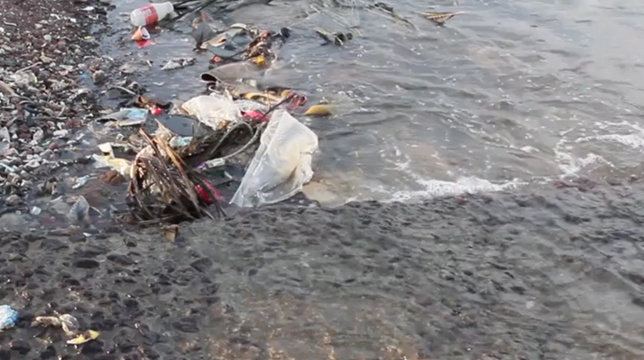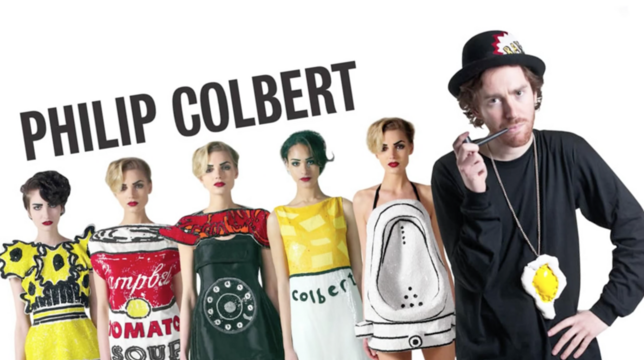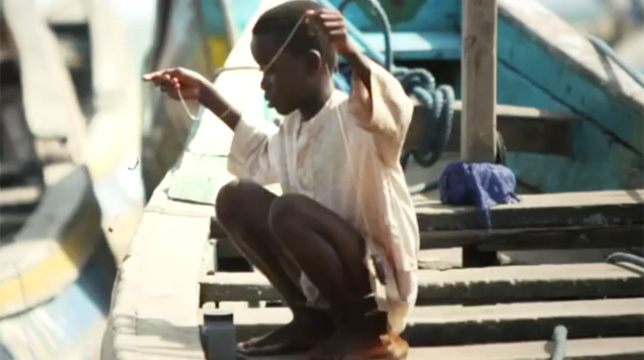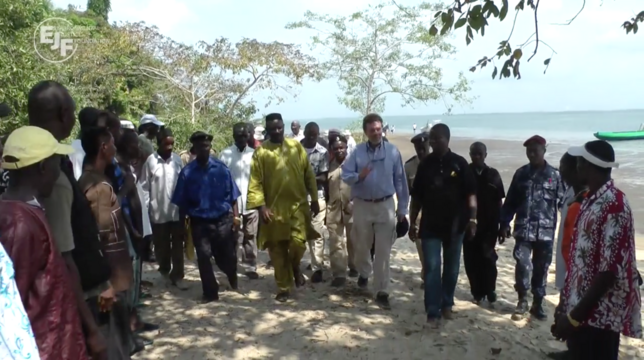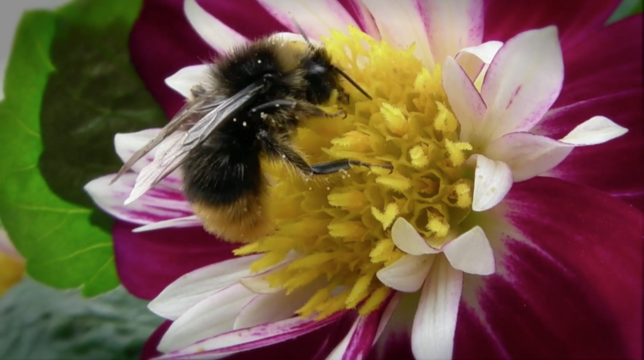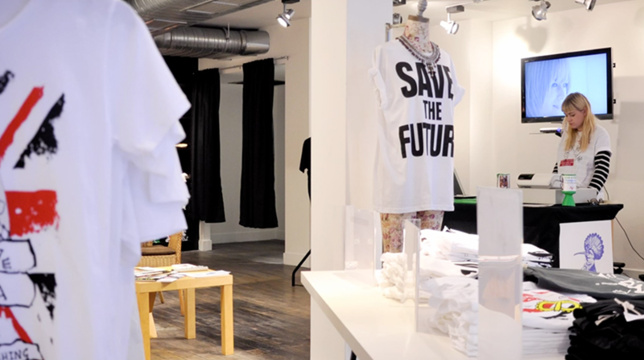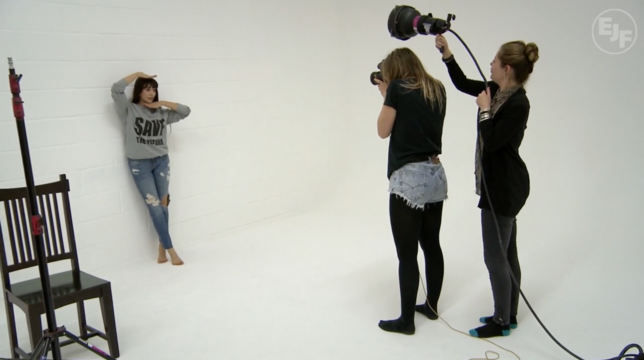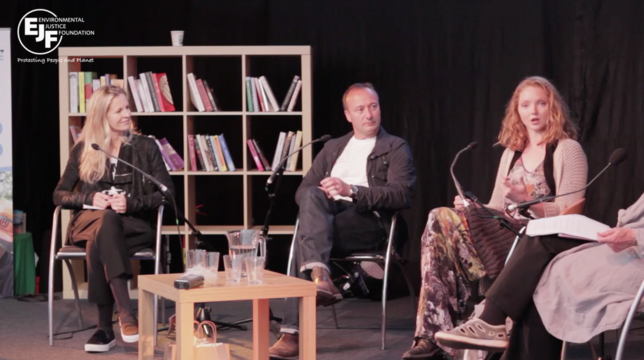Films
Bonthe School Nature Club
EJF's work in Sierra Leone involves working with the School Nature Club to promote the importance of sustainable fishing for artisanal fishers, mangrove protection as well as organising rubbish clear ups in the local town.
'JUST' launches The Rodnik Band collection
EJF is delighted to announce that ethical shoppers can now buy quirky, ocean themed outfits designed by The Rodnik Band from our Pop Up shop.
We held an event at 'JUST' sponsored by ethical manufacturer Continental Clothing Company to promote the ethical brands in store. To get your latest must have charity item and for the perfect organic gift this Christmas 'pop' down and see us soon!
Pirate Fishing Exposed
This film exposes the continued role of the EU and East Asian countries in facilitating a market for seafood illegally caught in West Africa.
Following a two-year investigation by EJF this film and the associated report Pirate Fishing Exposed highlights how local fishing communities are fighting back to combat this illegal trade.
US Ambassador in Sierra Leone
US Ambassador Michael Owen visits EJF's project in the Sherbro River Estuary in the south of Sierra Leone where EJF has been working since 2008 to bring an end to illegal pirate fishing.
Ambassador Owen met up with different communities and leaders in the south of Sierra Leone to learn about the impacts of EJF's work and the ongoing challenges this remote region faces.
Save the Bees
Bees and other pollinators are a vital part of our food supply yet are in decline. EJF is working to reduce the use of pesticides and encourage the protection of the wild habitat they depend upon.
Just: Pop Up Store in Carnaby Street 2012
You'll find lots of lovely T-shirts in support of our campaigns for human rights and environmental consciousness. All our T-shirts are made of organic, fairly traded cotton in low-carbon, wind-powered factories that respect the environment and workers' rights.
If you can't make it to Carnaby Street, take a look at our online shop and get inspired: www.just-for.co.uk
Just For: Behind the Scenes
In celebration of our growing JUST FOR collection, which now includes over 26 designs, we're giving you the opportunity to see 'behind the scenes' at our star studded photo shoots with this short film featuring David Gandy, Lily Cole, Diana Vickers and many others as they show their support by being photographed in our designer t-shirts and sweatshirts.
Sharks & Beauty
Hay Festival 2013 - Lily Cole, Alannah Weston and Steve Trent discuss the decline of global shark populations and their use in the beauty trade and beyond.
